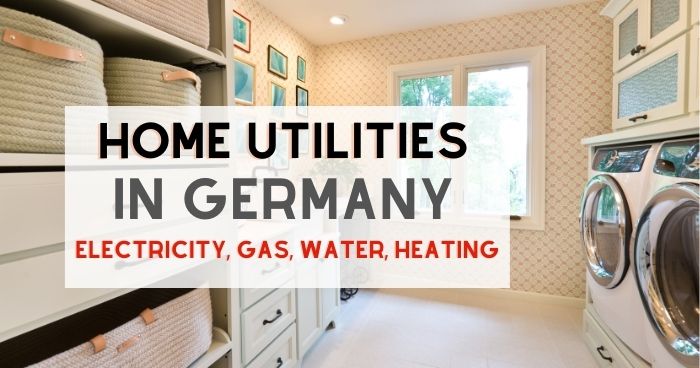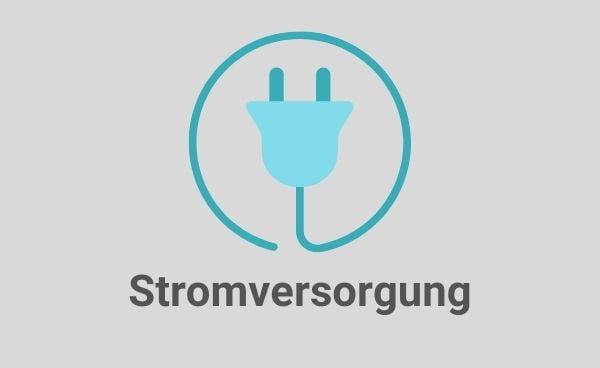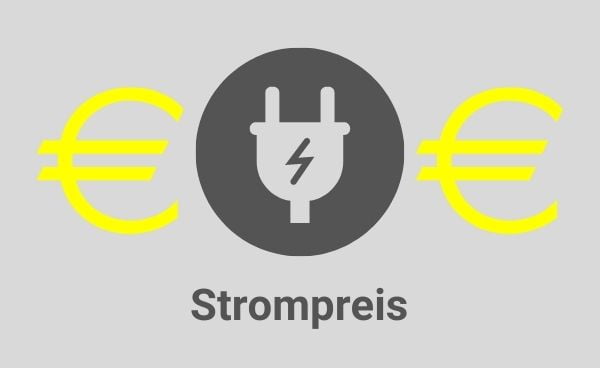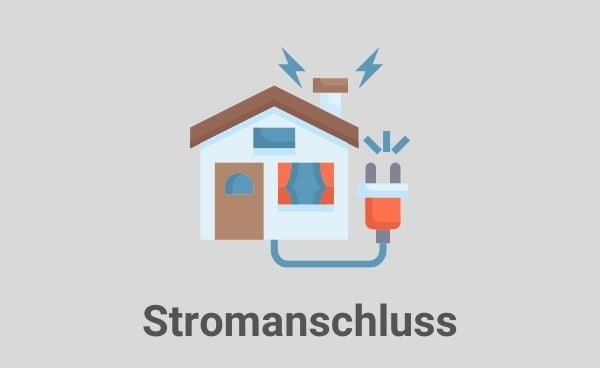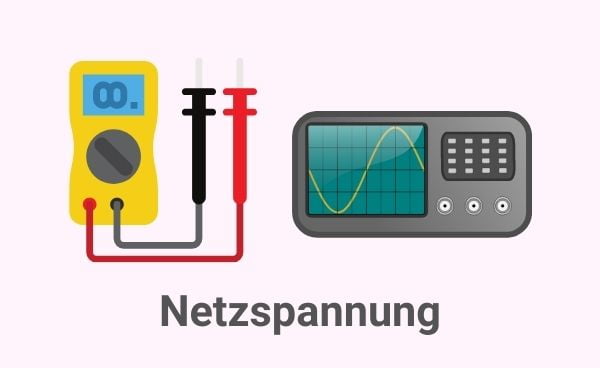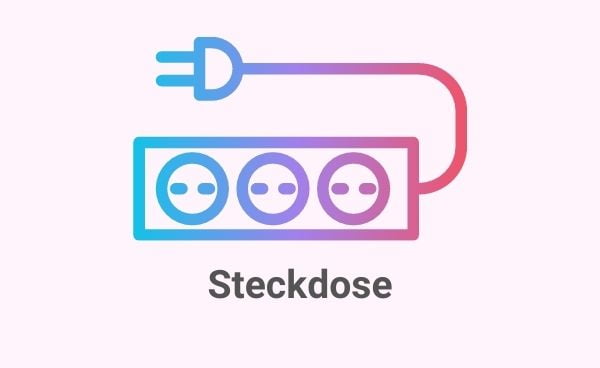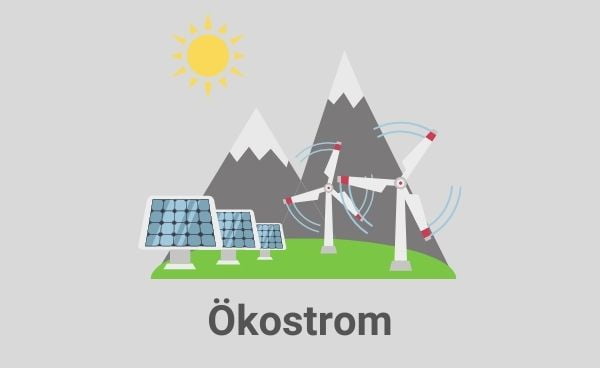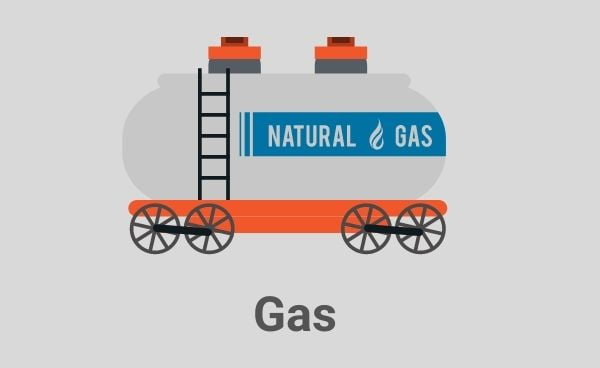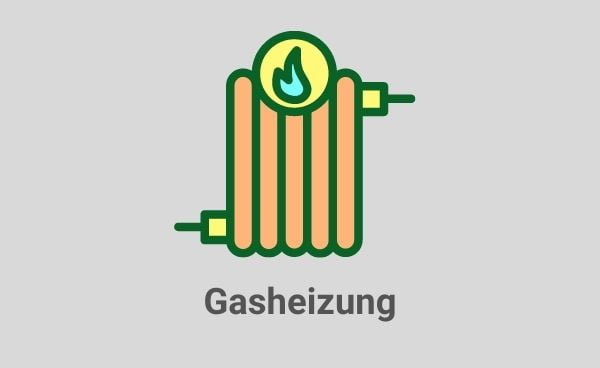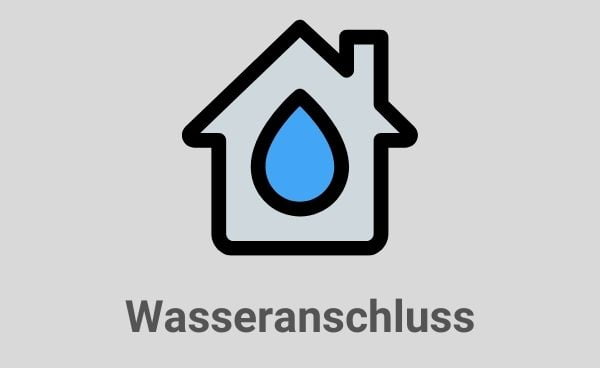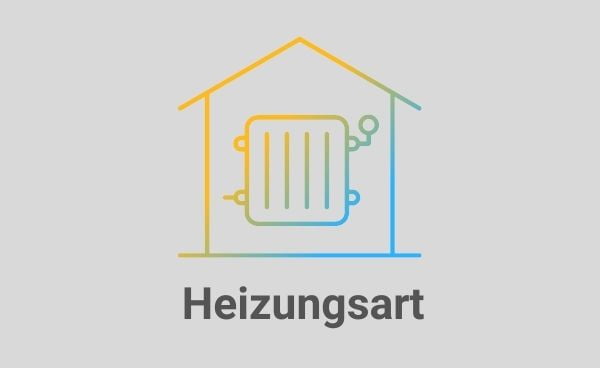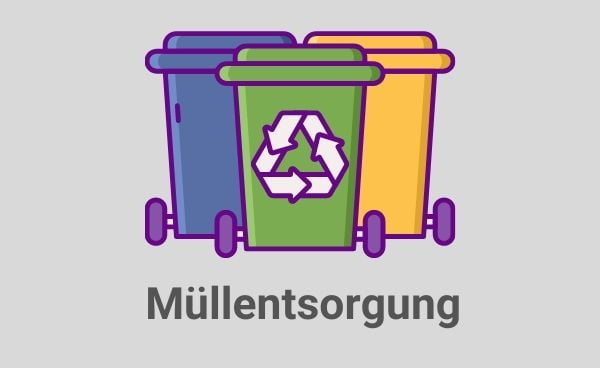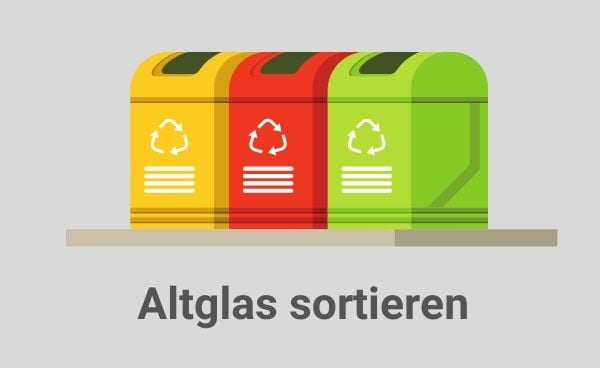When you consider moving to Germany, it might come in handy to know a bit about the cost of home utilities in Germany.
Besides rent, there will be additional costs like electricity, gas, heating, and water.
In this overview, I answer some of your questions regarding each one as they are, besides food and leisure, the essential part of your monthly expenses.
During the past few years, the cost of home utilities has risen by quite a bit.
Key takeaways
1. In Germany, all households are connected to the electricity network.
2. Private users pay an average of 33,5 cents per kWh for electricity.
3. Natural gas is mainly used for heating and less for cooking.
4. You can choose between 1,000 natural gas providers in Germany.
5. Depending on where you live, the cost of water in Germany can vary greatly.
6. Tap water in Germany is drinkable.
7. The cost of waste disposal in Germany starts at about 120 euros per year.
Topics in this article
What is the cost of electricity in Germany >>
Cost of natural gas in Germany for homes >>
Home utilities in Germany: Cost of water in Germany >>
What is the cost of waste disposal in Germany >>
What is the cost of electricity in Germany
Every household in Germany is connected to the electricity network in Germany.
Meaning that electricity is one of the most important home utilities.
Germany has four major regions managed by four of the largest energy suppliers, E.ON, RWE, EnBW and Vattenfall.
Together, they form the group of transmission system operators (TSOs) in Germany.
Since they are the major grid operators in Germany, they also sell electricity to B2C and B2B clients.
In addition to that, they allow other electricity providers to buy and resell electricity to customers.
TSOs versus other electricity providers
While it may sound convenient to be a client of the TSOs, other providers might be a good choice as well.
Sometimes those second-party suppliers offer more affordable tariffs.
Still, you can learn more about that in my article, where I wrote about finding “the Cheapest Electricity Provider Germany Online.”
If you are searching for the best guide on how to find them, you should consider reading my step-by-step guide as well.
Cost of electricity per kWh in Germany
Currently, electricity costs 32 cents per kWh on average.
This might sound more or less expensive when you are moving to Germany from abroad.
I recommend you to keep in mind that the costs of electricity have risen by more than 60% during the past 16 years based on the most recent information. And this contributes to the overall increase of the cost with utilities.
For businesses, the electricity price is lower. It resides at 19,86 cents per kWh.
The considerable difference in pricing lies in the amount of electricity consumed by industries and businesses.
While private homes usually consume between 1,000 and 5,000 kWh, industries sometimes consume up to 10,000,000 kWh per year.
Connecting your home to electricity in Germany
As I mentioned above, electricity is one of the most important home utilities. Thus, every home is connected to the electricity network in Germany.
The only thing you will have to take care of is to choose your electricity supplier.
When moving into a new apartment, you need to know your electricity meter number.
Read here a detailed guide on How to Find the Best Electricity Price in Germany
And you also need to provide your electricity provider with your personal information and bank account.
Finding the best electricity provider in Germany is also relatively easy if you use the service of Verivox*.
There you can also compare prices for other home services in Germany, too.
What voltage is used in Germany?
As you might already be aware, the voltage is different in Germany than in other countries.
The standard supply voltage in Germany is at 230V and 50Hz.
So if you take kitchen appliances, for example, please make sure that they are double-voltage.
Or you get one of the available voltage transformers.
Especially if you are moving from North America to Germany, those transformers can be pretty affordable, depending on the intended use.
If you are living within Europe already, you will not have any difficulties (with some exceptions) with the voltage.
It’s more likely that you have to take care of the right power plugs for Germany.
What power plugs are used in Germany?
Germany uses two different power plugs: Type C and type F.
In Germany they call them “Schuko-Stecker”.
Both have two round pins, and the only difference between type C and type F is that type F also includes two earth clips on the side.
There are cheap travel adapters available for every country or region on amazon that you may use.
One of the most versatile adapters is the one from SKROSS:
Can I have green energy in Germany?
Yes, you can actively choose to get green energy in Germany.
Many energy providers allow you to choose specific tariffs for green energy.
When searching on the comparison website Verivox* for your new energy supplier, please make sure that you choose either option:
- “öko”
- or “ökoPLUS”
in your selection.
This type of tariff is not necessarily more expensive.
You can actively choose whether you would like to get 100% of your electricity from green energy sources (öko).
Or choose one that is not significantly involved in nuclear or coal-fired power plants.
And they actively promote the expansion of green electricity production in Germany (ökoPLUS).
Electricity suppliers in Germany
Besides the four primary energy network providers mentioned previously, there are more than 800 energy suppliers in Germany.
You can compare prices and choose between 24.000 different tariffs.
The best overview of the cheapest tariffs is something you can find on Verivox*.
Some focus on renewable energy, and others provide a mixture of renewable and standard energy sources.
Cost of natural gas in Germany for homes
Contrary to the price trend for energy, the gas price fluctuate quite a bit.
In Germany, they usually use gas for heating. People also use it for cooking.
Still, gas stoves are rarer than electric stoves in Germany.
The gas price is currently at 8,66 cent per kWh according to Finanztip.
There are about 1,000 different gas providers in Germany that usually offer two different types of gas:
- natural gas
- and eco-gas
Heating with natural gas in Germany
Around 19 Million homes use natural gas in Germany. And about 75% of gas consumed in Germany is used to heat homes and warm water.
This makes gas also one of the most important home utilities.
Most of the time, refurbished homes in Germany use gas heating.
Why? Because it’s the most environmentally friendly and cost-effective heating option.
If you wonder about the everyday consumption of different apartment house sizes, Verivox* offers a good overview.
Living in a 50 square meters apartment will most likely lead to a consumption of about 5,000 kWh.
An apartment size of 100 square meters will need around 12,000 kWh.
A house at around 150 sqm will need around 18,000 kWh, and one with 180 sqm might need up to 20,000 kWh.
Connecting your home to natural gas in Germany
Getting your home connected to the natural gas suppliers in Germany works only if your house already has an existing gas connection.
Some older houses have a gas pipeline in the road next to their property, but the house doesn’t have a gas connection yet.
In that case, the connection can be costly.
If the house you live in is already connected to the gas network, it is most likely that the gas line is used. At least for heating purposes.
So in case you are moving into a new apartment or house, you will find a gas meter that does have a unique number.
You have to pass along that number to the provider of your choice after selecting one at Verivox*.
Natural gas suppliers in Germany
There are about 1,000 natural gas suppliers in Germany to choose from.
To make sure that you choose the best for your apartment or house, I recommend using the comparison tool provided by Verivox*.
There are usually about 100 different tariffs to choose from in your zip code.
Based on your criteria and the area you are living in, you can find the cheapest or best provider for your needs.
You will only need your local zip code and the estimate for your yearly gas consumption.
After finding the best supplier for you, you will need the gas meter number.
Cost of water in Germany
Water news provided some insights based on 36 European cities.
Some German cities are pretty expensive when looking at the price for one cubic meter of water (1,000 liters). For example, in Stuttgart you pay something around 4.70 Euro.
In Berlin, you only might have to pay 2.80 Euro for the same amount of water.
So as you can see, the cost of water in Germany highly depends on where you live.
The costs of water are usually included in the additional costs called “Nebenkosten” in rental contracts. Because water below to the obligatory home utilities in Germany.
It’s the amount you have to pay to either the owner of the building or the landlord, depending on the type of home you live in.
If you include these costs, the Germans also speak of “Warmmiete.”
Water suppliers in Germany for home
There are a lot of different water suppliers that operate independently in the federal states and municipalities.
So, where you live highly influences the water suppliers you can choose from for your home.
If you are ever considering moving, you most likely have to choose a different one. And you need to cancel the contract with your current water supplier.
How much does water cost in Germany?
As mentioned, the water costs vary between the different municipalities and federal states you are living in.
The median price for water in Germany is around 2 Euros per m3 based on numbers from 2020.
Can you drink tap water in Germany?
Yes, drinking tap water is safe in Germany.
Even if every region has its water source, you still can be sure that the quality of the water provided is always excellent. And it won’t harm your health in any way.
I know many Germans who tend to drink water pure from the tap as they grew up saving it.
Other countries across Europe do not provide safe tap water.
They recommend using it only for showering or cooking if you boil it for a bit.
How much does sewage cost in Germany?
With tap water, there also comes sewage water costs in Germany.
Wastewater usually costs around 2.50 Euro per m3 in Germany based on a statistic from DESTATIS.
Of course, as you can imagine, only the amount of water that you don’t drink or that you use for plants or lawn care counts as sewage water.
To explain it, water that goes down the drain in your house will be measured in m3, and you will be charged based on the information on your meter.
Cost of heating in Germany
Types of household heating in Germany
There are various types of household heating systems in Germany available.
Based on the setup in the house you live in, it can either be oil heating, gas heating, district/remote heating, called “Fernwärme” in German.
Or – in case you live in one of the rarer sustainable houses – heating by solar panels.
Still, the most common ones used in Germany are based on oil and gas consumption.
There are tendencies as in Munich, for example, that households won’t be allowed to replace their old heating with anything else but remote heating.
How much is the heating cost in Germany?
As you might imagine, the heating cost depends on the type of energy your house uses.
While prices for heating significantly increased over the past few years, the oil price increased even further.
The oil price is highly influenced by global market, and the gas and energy prices are highly affected by Germany’s CO2 tax.
One liter of oil rose to 150 cents on average based on a study from Statista.
While the average gas price is at 8,04 cents per kWh.
The price for “Fernwärme” (teleheating) is most likely somewhere around 15 cents per kWh.
While gas seems to be the most affordable solution, the gas price might change quite soon.
It will most probably become more expensive than it is at the moment.
How do I pay less for heating in Germany?
Besides only heating up the rooms that need to be warm during the day, there is also the option to lower the standard temperature of your tap water.
You might want to consider using a thermostat in your house or apartment.
If you bought your own home as I did, you also could take care of insulating your house correctly.
Significantly during winter, it might also help open up your curtains and blinds to let the sunshine do its magic.
What is the cost of waste disposal in Germany
It’s not eay to explain the waste disposal in Germany topic, but I will try to explain it to you comprehensively.
Every household does have a separate ton – except for larger apartment buildings, where all apartments use containers.
For these garbage tons you have to pay a fixed fee so that the city or municipality where you live can pick up the garbage on a weekly or bi-weekly basis.
Regardless of how full your garbage can is, you always pay the same amount for each collection.
Waste disposal in Germany
One of my neighbors that grew up in Germany told me that just a bit more than 20 years ago, there was only one type of ton available where all the trash went in.
After that time, the government reformed the waste disposal system.
Since then people had to separate their waste into several different tons.
Depending on the capabilities of the local waste disposal facilities, there are two tons:
- One ton is for trash of all sorts (black ton)
- and the other for paper (blue ton).
Most municipalities have established a third, brown garbage ton for organic waste of all types (with a few exceptions).
How much do you pay for waste disposal in Germany?
The costs for waste disposal in Germany highly depend on the city or town you are living in.
Waste disposal is always organized on a local level. And you only have one provider that is owned by the city.
Depending on how often you need to get your trash picked up (either weekly or biweekly), the costs may vary.
Also, the size of the ton or container you have for your household is responsible for different costs.
According to some research made by “Immobilien und Wohnen” in Cologne in 2019, the costs may vary between about 120 Euro and 770 Euro per year.
In larger apartment buildings, usually, everyone pays a small share of the overall yearly pick up and disposal costs.
Separating trash in Germany
Separating trash in Germany can be challenging for expats (depending on where you come from).
Almost every municipality has its own specific rules.
There are three different tons that you will most likely find in cities:
- a ton (brown) that takes in all organic waste
- one ton that is used for paper and carton (blue)
- and the standard ton (black) that is used for the rest of all trash.
Most of the time, apartment buildings have different, larger tons or containers labeled or colored according to their purpose.
Some cities or rural areas work with yellow plastic sacks used for recyclable (plastic) waste.
The best ressource I found on this topic is on the website Mülltrennung Wirkt.
Separating glass in Germany
For all glass bottles that you bought without paying a deposit at the grocery store, there are specific containers located most of the time near larger housing developments.
Those glass bottles and jars are to be sorted by their color.
So it should be separated into:
- green glass
- brown glass
- and white glass
Bottles and jars that come with a deposit can be brought back to nearly every grocery store to get back your deposit.
By the way, most drinking bottles made out of plastic do have a deposit of 25 cents.
The same applies to soft drinks or beer cans.
In this case, it’s highly recommended that you bring those back to the grocery store as well.
USEFUL INFORMATION ABOUT GERMANY
___
INSURANCE IN GERMANY
> 15 types of insurance in Germany any expat should have
___
FINANCES IN GERMANY
> How To Open a Bank Account in Germany
___
WAGES AND TAXES IN GERMANY
> Tax return Germany – Everything you need to know
> Average Salary in Germany Latest Data
___
WORKING IN GERMANY
> CV in German with Europass: How to fill in step by step
___
LEARNING GERMAN LANGUAGE
> How to learn German fast: Top 10 strategies
* The links that are marked in this way are affiliate links and indicate that we receive a small commission if you decide to buy the products or services offered by our partner sites. But for you, it won’t cost you anything extra.

